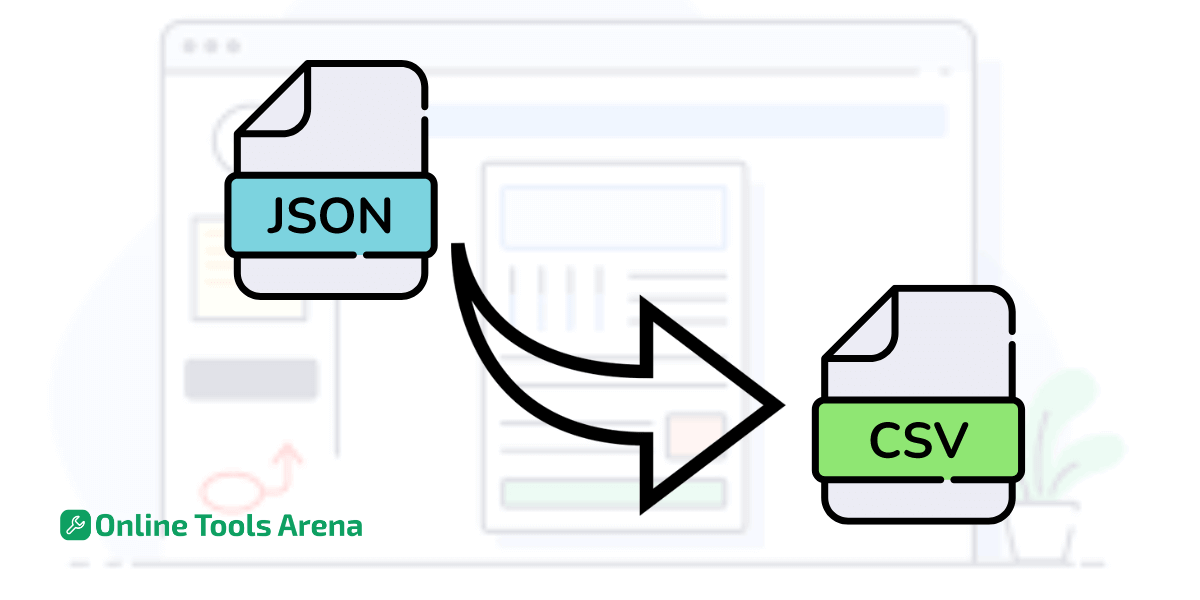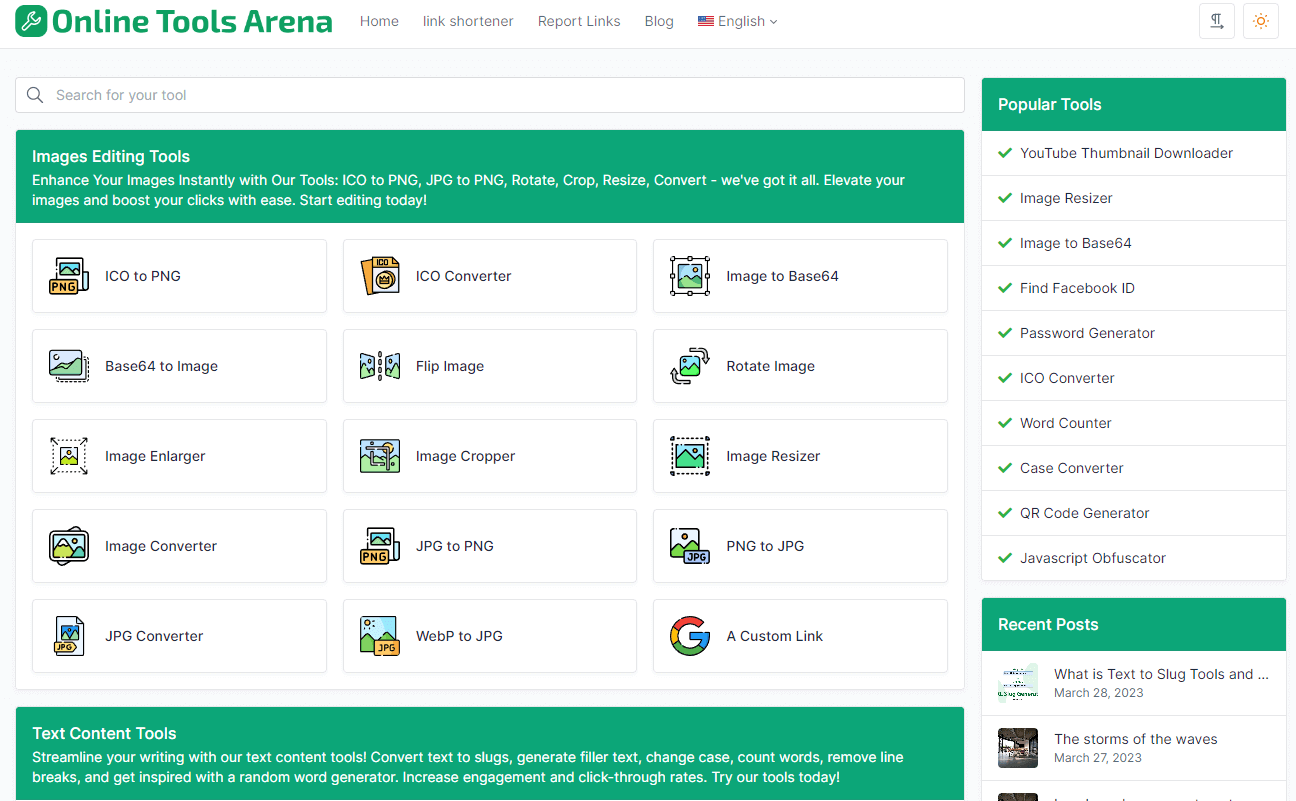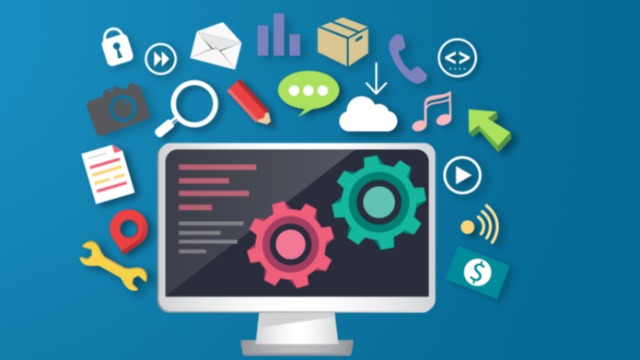
JSON To CSV
Carving Out CSV from Rich JSON
What is JSON?
JSON stands for JavaScript Object Notation and is a text format that is completely language-independent but uses conventions that are familiar to C-based or Java programming languages. It is human-readable and writable and machine-parsable and generatable. JSON data is indicated in curly braces as a set of key-value pairs, which makes it suitable for presenting and saving data. It is widely used in web development, APIs and configuration files because of its simplicity and ease of reading.
What is CSV?
CSV is a text-based data format that stands for Comma-Separated Values. A CSV file is a formatted way of organizing data in columns and rows, where each column is separated by commas. Сreating, manipulating and viewing CSV files is simple, which is why they are very popular among spreadsheet software and databases. CSV is the most popular format option used to exchange data between various applications, such as Excel, databases, and data analysis tools.
Why Convert JSON to CSV
Real-world Scenarios
Converting JSON to CSV becomes essential in various real-world scenarios:
Data Export and Import: A lot of systems produce and consume data in CSV format. If you want to transfer data from one program to another, there is a way to make this process more convenient by converting the file into CSV.
Data Analysis: Software such as Microsoft Excel and data analysis libraries usually function more efficiently with CSV files. Translating JSON to CSV is integral in order to conduct data processing more effectively.
Data Sharing: The process of sharing the data with those stakeholders or members of your team who are not familiar with JSON is difficult. Data sharing becomes easier if it is converted to CSV.
Database Upload: Data in CSV format is often required by databases such as MySQL or PostgreSQL for bulk import. In such cases, the conversion of JSON data is a must.
Benefits of CSV format
Simplicity: For end-users, including those who are not IT-savvy, CSV is very intuitive and user-friendly. It’s written in the form of plain text, so it can be enjoyed by many people.
Wide Compatibility: CSV files can be used with many different types of software applications, such as spreadsheet programs, databases and tools for analysis of data.
Smaller File Sizes: CSV files tend to be smaller than that of the JSON ones, so they are more convenient for transfer and storage.
Efficient Parsing: One of the advantages is that it can be parsed quite easily by a number of programming languages and thus ease their manipulation.

How To Use Our Converter
Upload JSON Data: Copy and paste your JSON data in the input box. Make sure your JSON data is valid and the structure is correct in the JSON document.
Convert: To convert, click the button labelled ‘Convert’. The tool will create a file in CSV format that you can download.
Download CSV: When the conversion is done, you can copy or download your converted CSV file.
FAQs
What are the disadvantages of converting JSON into CSV?
Yes, there are limitations. The structure of JSON, which is hierarchical, does not always map directly to a flat CSV file, and this results in a loss of information or complexity when converting. Moreover, there can be an issue with slow conversion performance when working with very large JSON files.
What is the top programming language used to convert JSON into CSV?
Python, along with the Pandas library, is a common tool used in JSON-to-CSV conversion. JavaScript and Java, along with other languages, provide appropriate libraries for this activity.
Is there a possibility to make CSV from JSON?
Definitely, CSV can be converted back to JSON, but in practice, it is not as straightforward since some manual mapping of CSV columns to JSON properties has to be done, especially with complex data structures.











